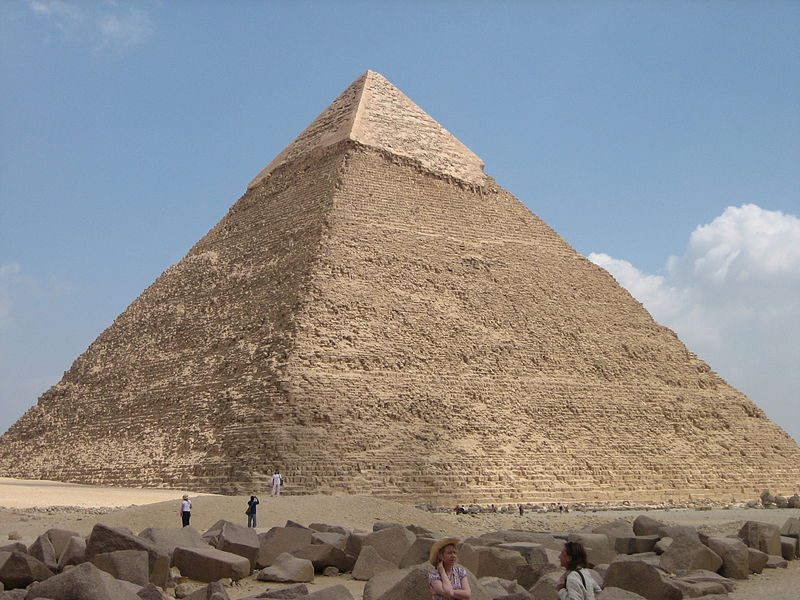When considering history, many make the mistake of assuming that those who came before us were not as intelligent as we are now. Some believe that aliens built the pyramids rather than believing that ordinary humans could figure it out. I would say that we now have better technology than at any time in history, but not necessarily better brains.
I’m embarrassed to say that I fell into this trap recently. I was surprised to learn that as far back as the 6th century BCE, the Greeks had posited that the world was round. When we give it any thought at all, it’s not difficult to believe they they knew this. They noticed that the stars were in different positions at different times of the night and the year. They watched ships on the horizon and noticed they seemed to rise as they came closer. From the tops of hills and mountains, they noticed a curvature to the earth.
And if the world is round, there must be something directly opposite our position on earth. In the U.S. we generally assume that China is in that position. How many times have you heard about digging a hole to China? Turns out, that’s not the case.
If you dug that hole from San Diego, California, you’d end up in the Indian Ocean. If you dug that hole from Portland, Maine, you’d end up in the Indian Ocean. If you wanted to end up in China, you’d have to dig from the southern part of Chile or Argentina.
Want to play along? Check out the Antipodes Map. It’s a great way for children or adults to have some fun and learn some geography. It’s also a great reminder of how much of our planet is under water. Check it out.


What did the early civilizations think of the moon? It changed regularly as they watched the stars.
I know they used it to note the passing of time. They used the lunar cycle as a unit of time, and the phases of the moon as signposts of when to do something, like agreeing to meet at the time of the next crescent moon. I believe they also linked the moon with religious practices, but I’m not sure of the details.
Thanks for reading!